In Focus | The World Earth Day: Planet vs. Plastics
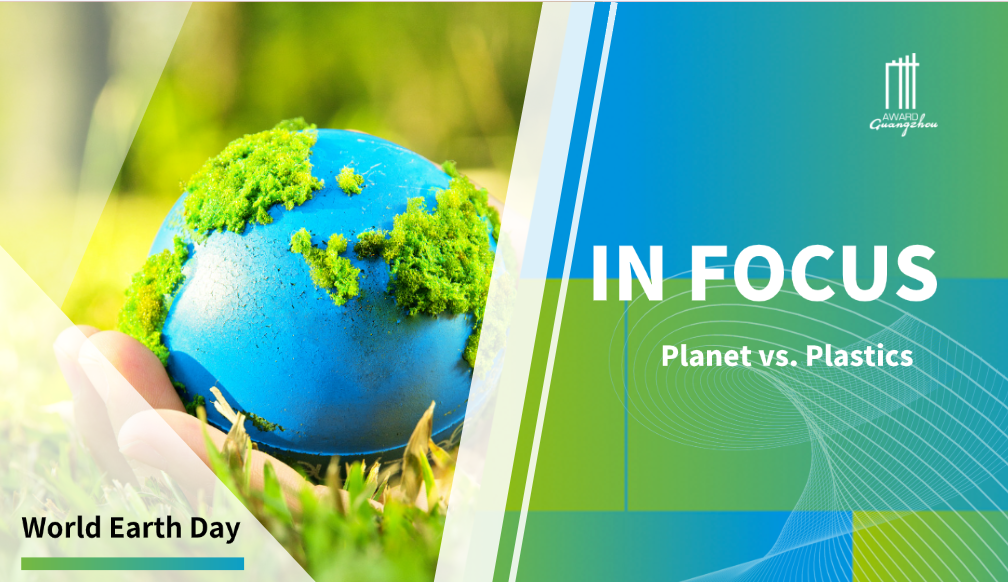
April 22, 2024 marks the 55th World Earth Day, themed “Planet vs. Plastics”.
In addition to plastic waste, our planet is facing a multitude of challenges including climate change, resource depletion, and biodiversity loss.
Cities, as important entities in addressing global challenges, have always been at the forefront of environmental protection. By promoting the development of clean energy, reducing greenhouse gas emissions, and undertaking actions like green space restoration, cities are improving their ecological environments and driving green, low-carbon, and circular development, thereby constructing a more habitable, beautiful, and prosperous planet for all.
Today’s In Focus will showcase five innovative initiatives in reducing waste pollution, accelerating urban environmental transformation, creating urban green spaces, addressing climate change, and improving energy efficiency.
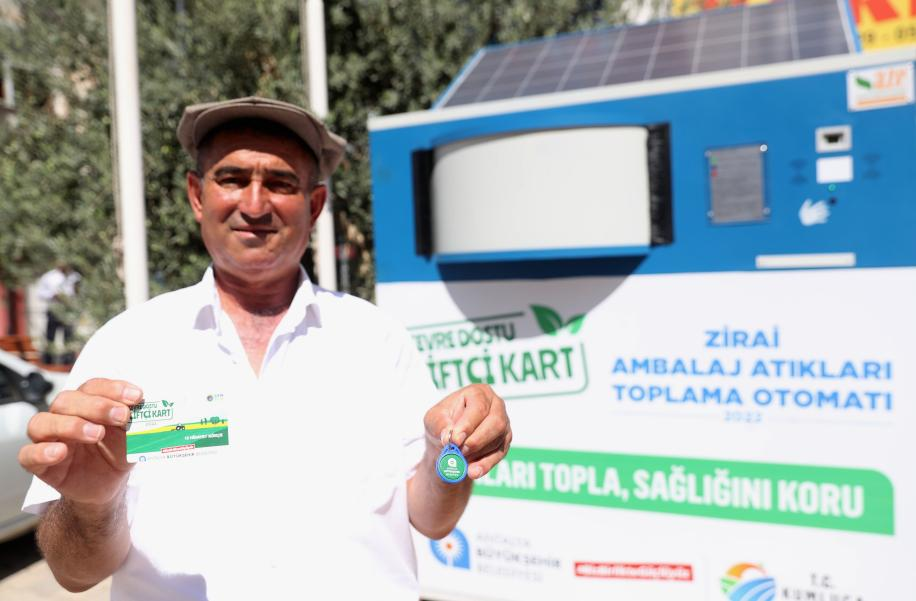
Eco-Friendly Farmer Card Project initiated by Antalya Metropolitan Municipality is designed to reduce hazardous agricultural packaging waste, which has significant negative environmental and health consequences, particularly in intensive farming areas. The project reduces plastic pollution from pesticide-laden packaging that is harmful to soil, that causes pollution and that indirectly contaminates 98% of Antalya’s drinking water.
This pioneering initiative introduces a sustainable system featuring sunpowered and fire-resistant smart containers, known as “Waste Vending Machines”, to receive deposits of agricultural waste packaging. Farmers can use their customized “Eco-Friendly Farmer Cards” to identify their personal information and recycle waste through the machines. Those depositing the waste are rewarded with farming sensors, greenhouse materials and tools, and are also trained to identify and dispose the hazardous waste.
The initiative involves multiple partnerships and models of cooperation between municipalities, citizens, the private sector and academia. It also applies circular economy principles that prioritize sustainable resource use and waste reduction, making a significant contribution to environmental sustainability, the circular economy, local economic development and sustainable communities whilst reducing carbon emissions.

During the outbreak of mulberry whiteflies in the urban green space of Tehran between 2016 and 2018 in Atrat Park, the performance of the Caesalpinia gilliesii naturally attracting full-fledged insects (whiteflies) was the first spark of study as an investigation of the trap plant.
The utilization of pruning plants and Caesalpinia gilliesii plants represents a transformative leap in replacing chemical pesticides within the herbal formulation production process. This initiative in Tehran serves as a catalyst for transitioning contemporary cities from their industrial past into more eco-friendly urban environments. To achieve this, the project leverages urban green spaces to combat urban pests, effectively replacing the need for harmful chemical pesticides while concurrently reducing expenditure on these costly toxic substances.
This project pioneers a natural, eco-conscious solution for herbal formulation production, contributing significantly to the transformation of modern cities into toxin-free, nature-friendly urban landscapes. The project aligns with ten SDGs, making it a vital contributor to the global effort for a more sustainable and environmentally responsible future.
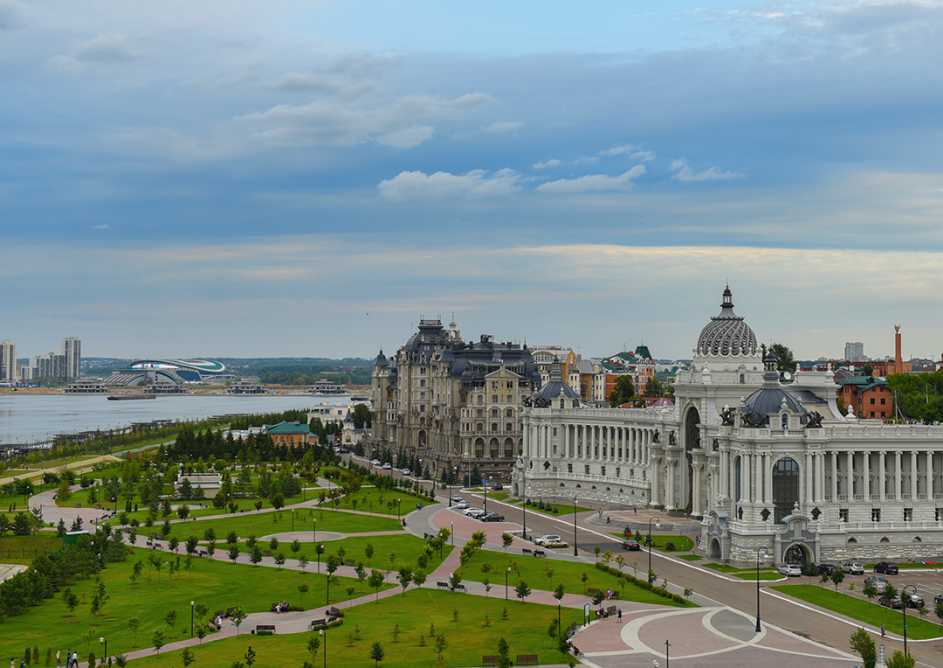
Provision of public amenities and urban landscaping are important components in developing an urban environment that can create comfort and increase the quality of life of citizens. Today, the environmental development is one of the priorities of the local authorities of the city of Kazan, which aims to ensure universal access to safe, inclusive and accessible green and public spaces and protect, restore and promote sustainable use of terrestrial ecosystems.
The “Environmental Development” project is a multi-faceted project that includes a number of areas: the development of green spaces, the reconstruction of public parks and gardens, the landscaping of the city’s territories, the effective environmental management and more. Specific programs have been successfully implemented in Kazan, such as “Green Record”, “Blossoming Kazan”, “Public Parks and Gardens”.
Today, Kazan is a clean, comfortable, and beautiful city, which was achieved thanks to an active policy that allowed Kazan to improve both external appearance and the city’s ecology. Kazan is one of the first cities in Russia to introduce innovative “green standards” that determine the higher environmental requirements in the construction of buildings, architectural planning, and territorial development. The “Environmental Development” initiative has allowed reducing the anthropogenic burden on the environment, to build new public parks and gardens, to create prerequisites for the city’s transition to sustainable ecological development, to create comfortable and safe conditions for the life of the citizens and to develop a high level of ecological culture.
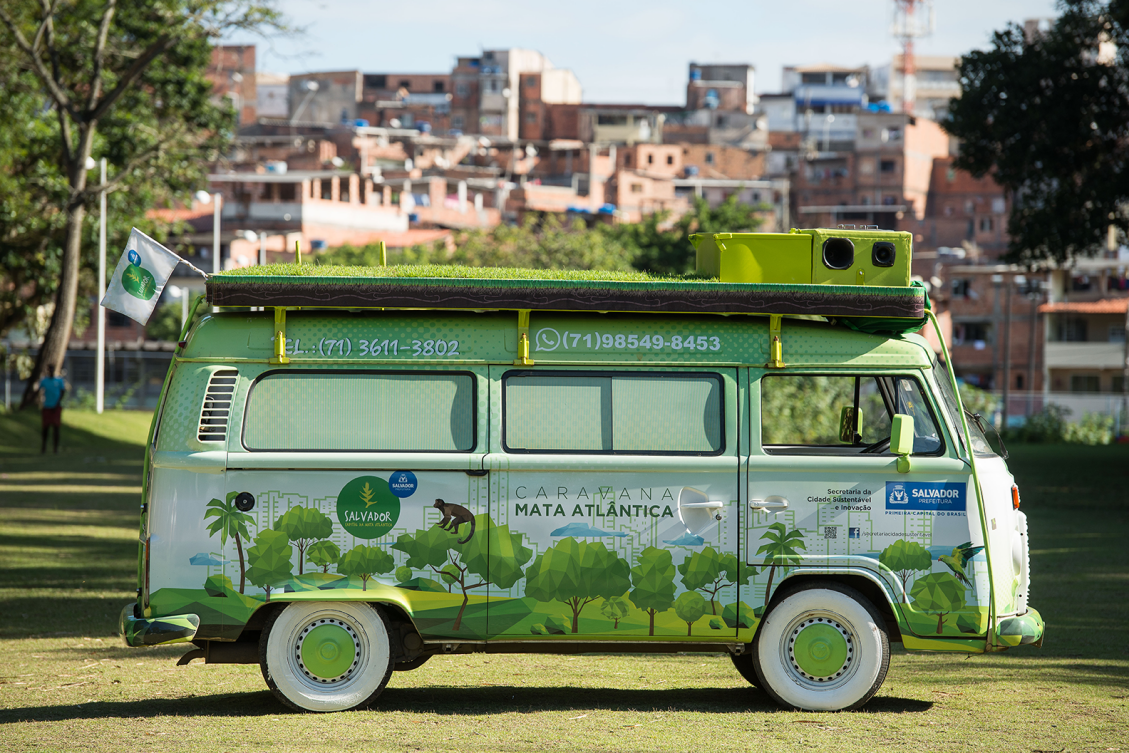
Canabrava used to be a dumping ground for Salvador’ waste for more than 20 years, from 1970s up to the end of 1990s. In 2000, the dumping ground was deactivated and became a municipal park. However, after 15 years, the area had almost no tree and was not much used by the surrounding community.
Therefore, the project secretariat, in partnership with Odebrecht Ambiental, developed a Reforestation and Carbon Sink project for the area, which aimed at planting 20,000 trees in three phases. The program is transforming the area by planting native trees and using treated sludge as fertilizer, capturing greenhouse gases, improving the local climate, and providing green spaces to one of the poorest neighbourhoods in the city.
The initiative can be considered revolutionary because it revitalizes an abandoned old dumping ground area, turning it in a carbon sink area. It plants trees from the tropical rain forests that are considered endangered species and utilizes fertilizers made from recycled waste materials, contributing to environmental protection. It was even chosen by the C40 (Cities Climate Leadership Group) as one of the 100 urban solutions that help fight against climate change that can be executed by other cities.
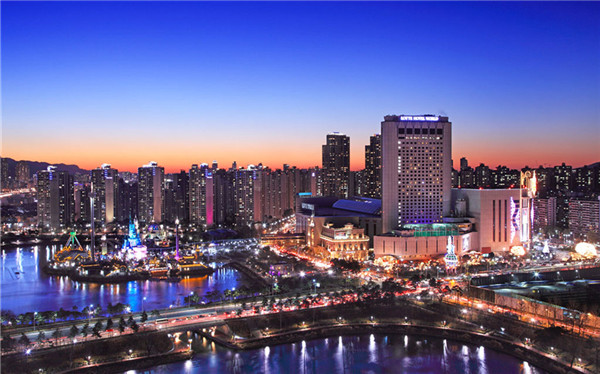
Songpa-gu was proclaimed the “Leading city for climate change response” in 2008, and constructed the “Songpa Solar Nanum Power Plant”, a public solar generation plant recognized the world over. This project, serving as a novel business and technological model, integrates environmental protection with public welfare, setting an example for innovative governance in the 21st century.
The power plant project utilizes solar energy generation technology to reduce greenhouse gas emissions, with an estimated total reduction of 22,000 tons of carbon dioxide over the next 25 years. Additionally, 100% of the profits from the sale of electricity generated by the plant will be donated to support those who lack access to electricity and developing countries, aiming to address energy poverty and improve energy efficiency.
Recognized as Korea’s first power production profit redistribution policy formed by a government agency, Songpa Nanum Power Plant is a program designed to preserve the environment, utilize renewable energy and further realize public added value with its profits. It has garnered numerous accolades, including the Bronze Award for the World’s Most Liveable City and the Global Award for Sustainable Cities and Communities. Furthermore, it was featured as a case study at the 2009 C40 Global Cities Climate Summit.


 In Focus | World Cities Day: People-Centred Smart Cities
In Focus | World Cities Day: People-Centred Smart Cities City Stories | Fostering community resilience: A lifeline for the Central African Republic
City Stories | Fostering community resilience: A lifeline for the Central African Republic In Focus | Innovative Education, Empowering Futures
In Focus | Innovative Education, Empowering Futures




















 Tel: +86 020 3780 4434
Tel: +86 020 3780 4434 Email: info@guangzhouaward.org
Email: info@guangzhouaward.org Adress: Unit 01-7, 28th Floor, No. 7, Chunrong 3rd Road, Tianhe District, Guangzhou, Guangdong, 510000, PRC
Adress: Unit 01-7, 28th Floor, No. 7, Chunrong 3rd Road, Tianhe District, Guangzhou, Guangdong, 510000, PRC




